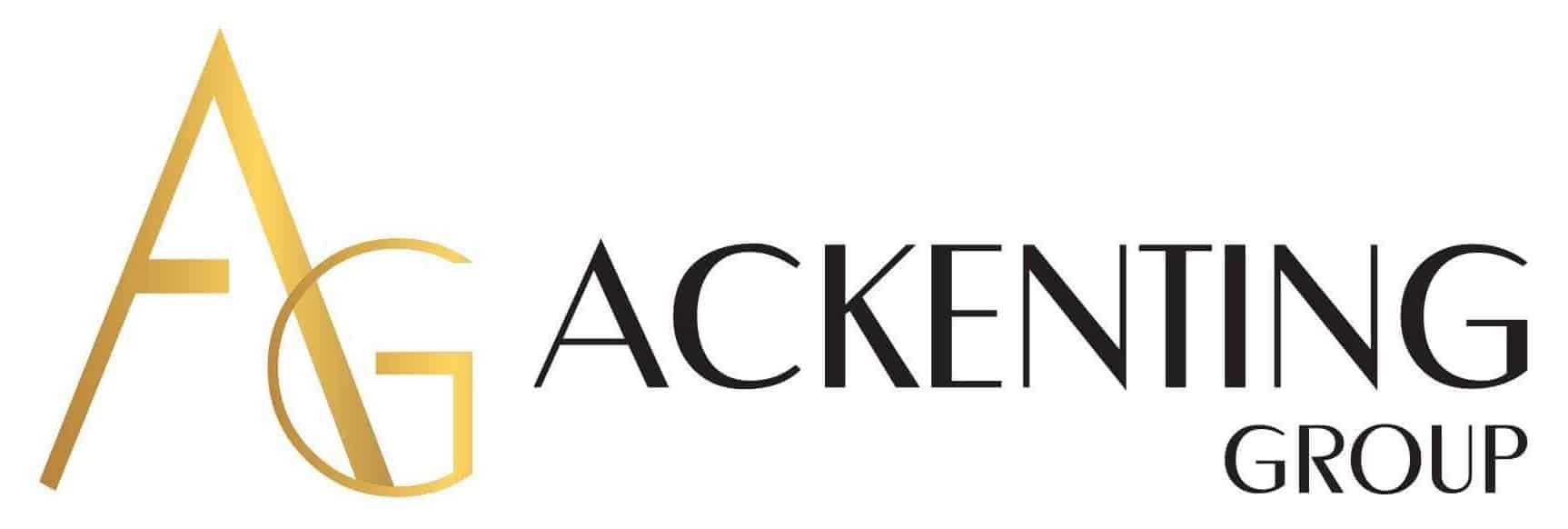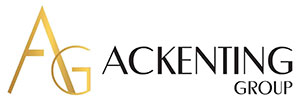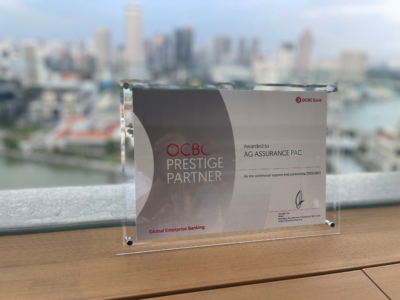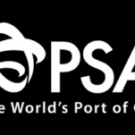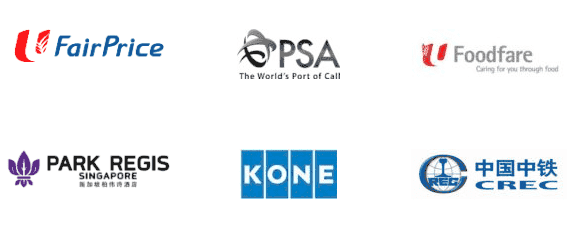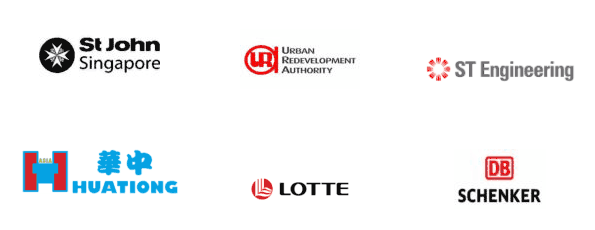Accurate financial reporting is the cornerstone of effective business management. Financial reports, including balance sheets and income statements, play a pivotal role in evaluating a company’s performance, cash flow, and financial standing. Adhering to Financial Reporting Standards (FRS) ensures that these reports are transparent, reliable, and meet the required standards.
Why FRS Matters
Financial Reporting Standards streamline the preparation, auditing, and analysis of financial statements. They dictate the type of information your company’s financial records should contain. While International Financial Reporting Standards (IFRS) exist globally, individual countries often have their own set of financial reporting standards.
Singapore’s Financial Reporting Standards
Singapore aligns with IFRS principles, making it vital for businesses to comprehend the specifics of Singapore Financial Reporting Standards (SFRS). This guide provides a comprehensive overview of SFRS, offering insights that can benefit your business.
Evolution of Accounting Standards
Originally, countries developed their accounting standards based on legal, economic, cultural, and political factors. However, the global community’s unity through technological advancements and international trade prompted the adoption of global accounting standards. In 2001, the International Accounting Standards Board replaced the International Accounting Standards Committee, introducing the International Financial Reporting Standards (IFRS).
While some countries, such as China and the USA, have not fully adopted IFRS, Singapore and many others base their accounting principles on these internationally recognized standards.
Importance of Adhering to Singapore Financial Reporting Standards
1. Time and Cost Efficiency
Adhering to FRS eliminates the need for businesses to research various accounting standards for international trade. Most countries, including Singapore, utilize IFRS, saving time and reducing errors caused by diverse accounting standards.
2. Accountability and Transparency
Uniform financial reporting promotes accountability and transparency. A clear and accountable business is more likely to attract reputable stakeholders, fostering growth and preventing legal complications.
3. Uniformity and Comparability
IFRS enhances the uniformity of accounting language, standards, and practices. This consistency allows for easy comparison of financial statements across all companies, facilitating better decision-making for business owners and stakeholders.
4. Improved Efficiency
Transparent and reliable financial statements instill confidence in stakeholders. Potential partners are more likely to collaborate, enhancing overall efficiency. Clear financial records also aid in risk identification and opportunity exploration.

Key Principles of Singapore Financial Reporting Standards
Singapore Financial Reporting Standards consist of 41 principles established by the country’s accounting standards board. These principles cover various financial records and transactions, including leases, income tax, employee benefits, and inventories. While some focus on financial statement presentations and preparation, others are industry-specific.
The key principles of SFRS include:
1. Comparability
SFRS dictates that accounting language and practices remain standard across all financial statements, regardless of an organization’s size. This ensures the comparability of financial records, aiding better decision-making.
2. Applicability
SFRS applies to all Singapore companies, sole proprietorships, and partnerships. Public entities may be subject to additional financial reporting requirements.
3. Accuracy
Financial statements must be accurate, neutral, and free of errors. Reconciliations and closing balances for specific items must be accurately provided.
4. Accrual Accounting System
SFRS follows an accrual system, recording transactions when they occur rather than when they are paid. This system provides an easy-to-understand cash flow, enhancing operational efficiency.
5. Verification
Verification aligns with disclosure requirements, ensuring financial records include details of accounting policies, judgments, estimates, and key assumptions.
6. Relevance
Relevant financial statements should be both confirmative and predictive, allowing users to predict future outcomes or confirm past occurrences.
SFRS for Small Entities
Recognizing the challenges faced by small businesses in complying with SFRS, the accounting standards council introduced SFRS for Small Entities (SFRS for SE) in 2011. Small entities in Singapore, defined by annual revenue, total assets, and employee count, can benefit from this policy, providing transparency without the extensive disclosure requirements of SFRS.
Eligibility for SFRS for SE
To be eligible for SFRS for SE, a business in Singapore must:
- Have total annual revenue of not more than S$10 million
- Possess total gross assets of not more than S$10 million
- Employ not more than 50 people
Businesses must comply with these requirements for two past years and the coming years. For new entities, the criteria apply to their first and second accounting statements.
Public Accountability for Small Entities in Singapore
For small entities to be considered publicly accountable in Singapore, they must meet specific criteria. These include being a public company under the Singapore Companies Act, trading or planning to trade debt or equity instruments, being a charity organization under the Charities Act, or holding deposits or assets for foreigners in banking or insurance.
Understanding and adhering to Singapore Financial Reporting Standards is crucial for businesses of all sizes. Whether you’re a large corporation or a small entity, compliance ensures financial transparency and positions your business for sustainable growth.
Tips for Crafting Pristine Financial Reports
Ensuring your financial reports align with Singapore Financial Reporting Standards is vital for the credibility and success of your business. Here are actionable tips to help you achieve excellence in financial reporting:
1. Collaborate with Accounting and Bookkeeping Experts
Engage professionals in accounting and bookkeeping to maintain accurate and up-to-date financial records. This not only ensures compliance with standards but also allows you to redirect your focus to other critical aspects of your business.
2. Utilize Cost-Effective Tools
Introduce efficient tools that aid in managing, storing, and sharing financial reports. Collaborative platforms can streamline your financial reporting process, reducing operational costs and enhancing overall organization.
3. Plan Strategically to Avoid Last-Minute Rush
Proactively plan your financial reporting activities to avoid the stress of last-minute rushes, which may lead to errors. Delegate tasks strategically and set daily goals to maintain a steady and controlled workflow, preventing overwhelm during the reporting process.
Grow Your Business with AG Singapore
As a small business grappling with limited accounting resources, achieving compliance with Singapore Financial Reporting Standards may seem challenging. Non-compliance poses risks to your financial statements and, consequently, your stakeholder relationships.
Partner with an accounting firm in Singapore like us to navigate these challenges with our top rated accounting services. Our expertise ensures your financial statements are transparent, reliable, and compliant. Contact us today to make informed business decisions based on well-organized financial records. Let us be your ally in achieving financial reporting excellence.
